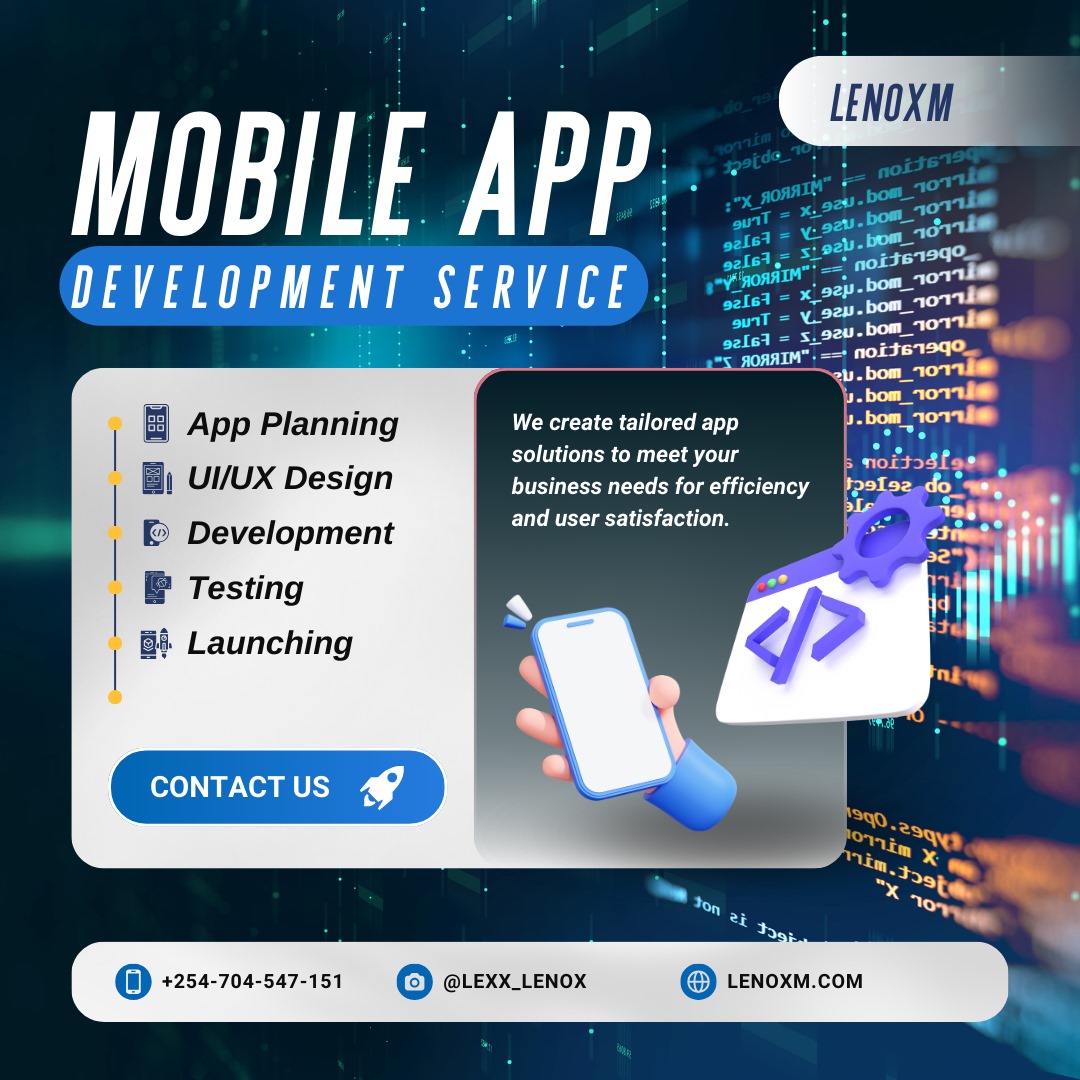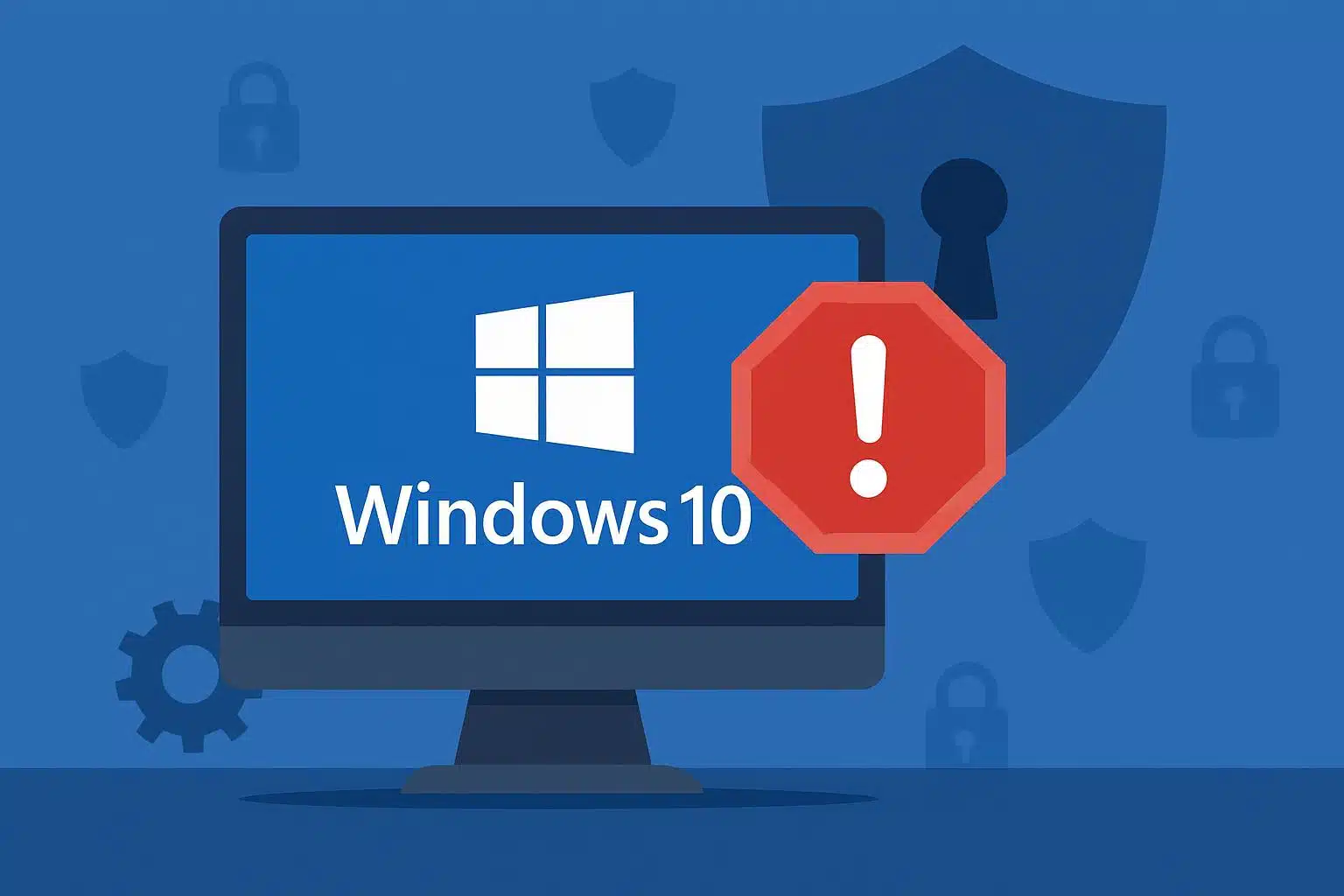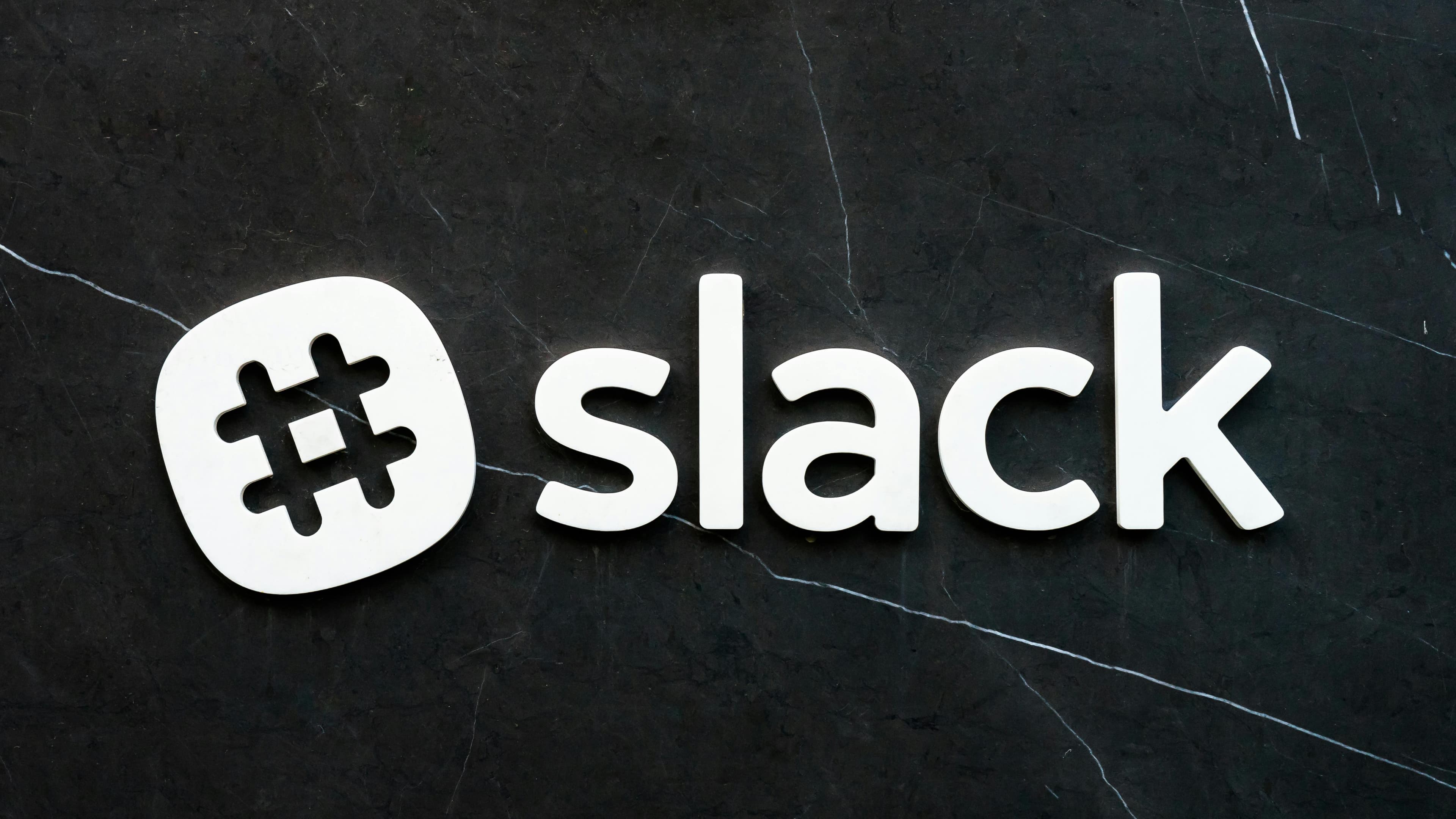Tech skills are the hard skills necessary to perform specific job-related tasks in IT jobs. They include specialized knowledge and expertise in IT and related disciplines, such as engineering, research, analytics, programming, and cybersecurity.
These practical skills help you advance in technology and technology-related careers and often include training in mechanics, mathematics and science.
If you're looking to secure a job in IT, it's helpful to acquire relevant technical skills. Many different skills are applicable to technology-related careers or jobs that use technology. Knowing what they are and how to use them to make yourself desirable for particular jobs can help you stand out during the hiring process.

In this article, we discuss 10 top tech skills and provide a list more in-demand tech skills.
1. Artificial intelligence (AI).
AI is the ability of a computer or machine to mimic human intelligence, such as learning by experience or from repetition, solving problems, understanding and responding to language, making decisions and recognizing certain objects.
Careers in AI include machine learning engineers, data scientists, business intelligence developers, research scientists and big data engineers or architects.
You may need to be proficient in programming languages such as Python and SQL, concepts in machine learning, and areas of deep learning.
Having a basic knowledge of cloud computing and CI/CD development can help you gain a competitive advantage during interviews. To further enhance your skills, focus on specific domains in artificial intelligence such as image processing, natural language processing, time series analysis or reinforcement learning.
2. Cybersecurity.
Cybersecurity is the practice of protecting or securing computer systems and networks from cyberattacks or digital interference intended to access, change or destroy sensitive or confidential information or interrupt normal operations.
Cybersecurity-focused jobs include systems engineer, network engineer or architect, software developer or engineer and cybersecurity analyst.
Roles in cybersecurity require a strong knowledge of network security, vulnerability assessment, security infrastructure and information security.
Risk management, which includes assessing cybersecurity risks and developing mitigating strategies, is another important skill.
3. Cloud computing.
Cloud computing is the delivery of computing services, such as data storage, networking, web servers, database management systems, marketing automation and business analytics, over the internet, or “cloud.”
Cloud-computing skills are useful in a career as a full-stack developer, senior software engineer, cloud engineer, Java developer and software architect.
Having proficiency in networking concepts, container and orchestration, database management and monitoring and logging may be helpful for your tech career. Many companies also require you to have experience in creating and automating CI/CD pipelines. Other technical skills include knowledge of agile methodologies, version control and collaboration tools.
4. Software engineering.
Software engineering applies engineering principles to the development of software that is functional, scalable and works as intended. Software engineers can get jobs as IT consultants, game developers, multimedia programmers and web developers.
You will need a strong knowledge of the software development lifecycle (SDLC), version control, algorithms and data structures.
Companies also look for candidates with the ability to understand and design complex software architecture and design to make the software more flexible and scalable.
Basic knowledge of database management and security can be add-on skills to advance your career in tech.
5. Software development.
Software development is the process of using computer science principles and programming languages to create, test, debug and deploy applications based on client requirements.
Software development skills can assist you in your career as a web developer, database administrator, software developer or computer programmer.
As a software developer, you need proficiency in the software development lifecycle (SDLC), version control, and algorithms and data structures.
Being familiar with cloud computing for developing and deploying your applications and knowing how to incorporate machine learning to make the software more intelligent are also helpful.
AD.

6. . UI/UX design
UI refers to user interface design, and UX refers to user experience design. These design roles work together to create a functional and appealing experience for users or customers. These specialized skills can help you in your career as a UI or UX designer, design lead or creative director.
Graphic design, UI prototyping and front-end development are important skills for a UI designer. Conducting in-depth user research, wireframing, prototyping and usability testing are essential to the role of a UX designer.
Understanding user needs and being familiar with user psychology can help you create designs that are user-friendly, intuitive, responsive and functional. Hands-on experience with design tools is also helpful.
7. Data analytics.
Data analytics involves cleaning, transforming and analyzing data to discover hidden patterns and anomalies and then using these insights to inform business decision-making.
Jobs that use data analytics skills include business intelligence analyst, data analyst, data engineer, data analytics consultant and IT systems analyst.
The role of a data analyst requires expertise in data cleaning, preprocessing, transforming, visualizing and analyzing.
You’ll need to know what questions to ask the data and how to discover meaningful insights from it using programming languages and tools. The ability to present your findings to management through visual tools and data storytelling can help management make better-informed decisions.
8. Data science.
The practice of data science incorporates data mining, machine learning and big data. It involves scientific methods, processes and algorithms to train models for different purposes, such as prediction, classification, clustering and forecasting.
Data science skills can help you in a career as a data scientist, machine learning engineer, enterprise architect or statistician. These roles require proficiency in core areas, such as advanced mathematics and statistics, programming and machine learning.
Depending on the role, it could also be essential to have domain knowledge of the project on which you’re working by collaborating with subject-matter experts. Knowing how to design and maintain data architecture and infrastructure for large projects can help you advance as a data scientist.
9. Programming.
Programming uses a formal coding language to write instructions for a computer so it can perform specific tasks or solve specific problems.
Without programming, computers can't perform tasks of any kind. Jobs that use computer programming skills include computer systems engineers, business intelligence analysts, software application developers, database administrators and software quality assurance (QA) engineers.
As a programmer, you need to be proficient in one or more languages, including Python, Java, C++ and SQL. Knowledge of algorithms and data structures can help you write code that is efficient and scalable. Debugging and testing are also important programmer skills.
10. Mobile development.
Mobile development involves developing applications for mobile devices. Understanding programming languages such as HTML and CSS is also an important part of being a mobile developer. Other jobs that use mobile development skills include mobile software project coordinators and iOS developers.
The primary skills for these roles include mobile app architecture development, UI/UX design, and mobile app testing and deployment. Some advanced skills that can benefit you in your work include performance optimization, machine learning integration, and mobile DevOps practices.
AD.

Other Skills Include.
Robotics : Which combines computer science research with engineering skills to design, construct and operate robots.
Blockchain : A technology that records information in a way that makes it difficult to change or hack. It is a digital ledger of transactions originally designed for the digital currency Bitcoin. It's also grown to be useful for crowdfunding, identity management, file storage, person-to-person payments and digital voting.
Technical writing : A type of specialized written communication intended to explain complicated concepts with simplified language to help people understand how to use a product. In technology, it might be creating computer hardware and software manuals or other instructional materials.
It's helpful to be familiar with different programming languages, database management systems and operating systems if you want to pursue an IT career. Here's a list of different types of programming languages.
Oracle
Java
Javascript
Linux
HTML
Python
SQL
C/C++
CSS
Scrum
Git
Unix
C#
Perl
Swift
Azure
Ruby
Go
PHP
R
AWS
.NET
Scala
Salesforce/CRM
Docker.







